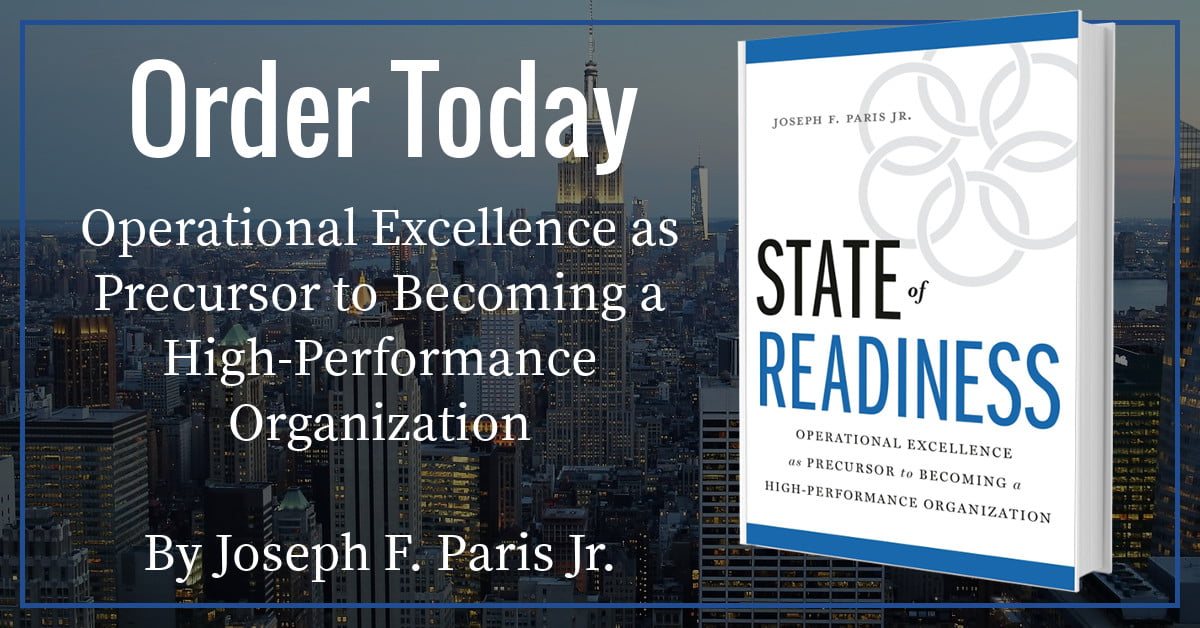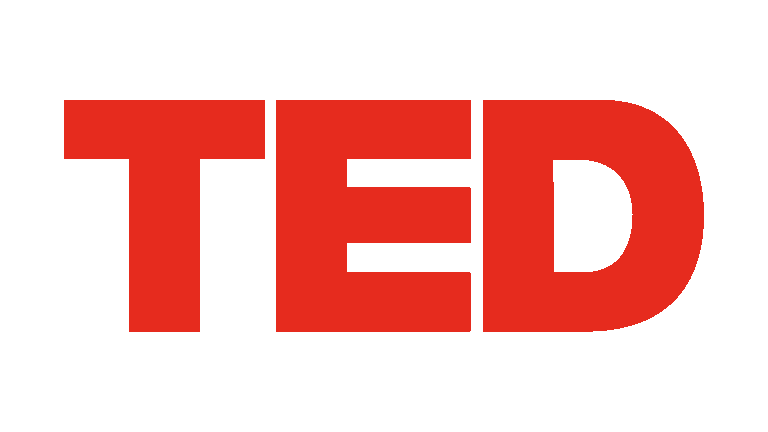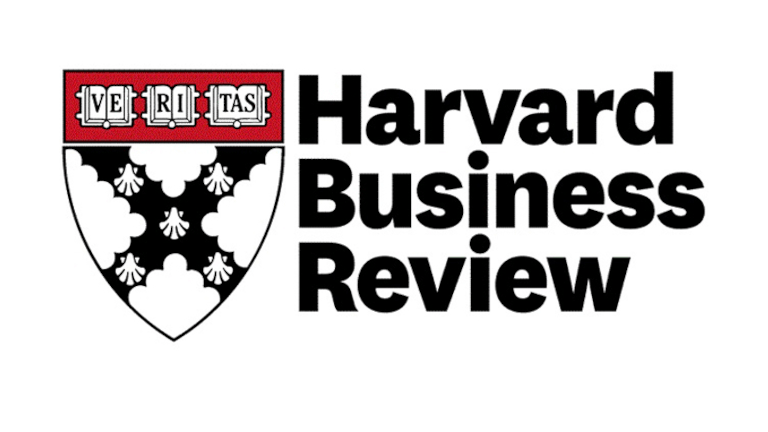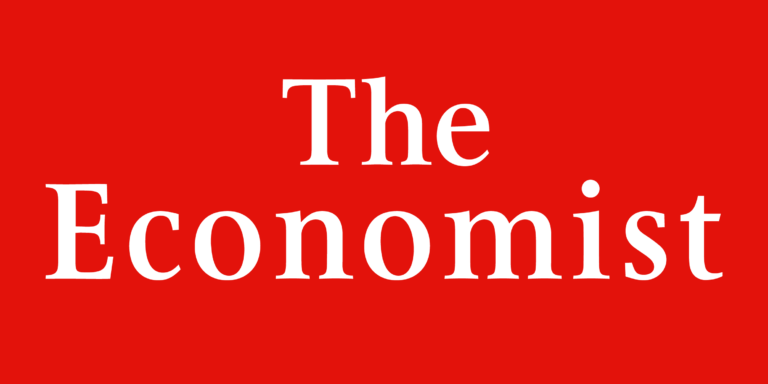A Purge of Distracting Musings
“Idleness is a constant sin, and labor is a duty. Idleness is the devil’s home for temptation and for unprofitable, distracting musings, while labor profiteth others and ourselves.”
The truth is not to be found at the extremes, but rather somewhere in the middle, regardless of topic and whether spewed from the mental self-indulgence of the media pundits and their “expert panelists” or of the politicians.
On credit, liquidity, and business climate…
There was much commotion over the summer about the state of the economy brought to the forefront by the drying-up of liquidity in the credit markets. Real-estate, mostly single-family homes, was appreciating with “irrational exuberance” over the last few years, fueled by the mountains of cash available and a desperation on the part of lenders to put it to work. But even asset prices cannot escape the cyclic nature of the markets nor can they shirk the laws of gravity, “what goes up, must come down.” Unexplainably lost were the lessons forgotten from the experiences of every past “bubble” and of the “dot-bombs” just a few years ago.
Compounding the problem is the explosion of vehicles to manage, package, and resell debt (such as CDO’s and Derivatives) to a point that nobody knew who was holding the “Old Maid.” This resulted in a freeze in short-term lending, even between financial institutions, because nobody was certain where the risk actually was nor did anyone want to discover the hard way that those to whom they were lending were not, in fact, credit-worthy. The battlefield is strewn with casualties, both direct and indirect, witness: Northern Rock in the United Kingdom (where there was an old-fashioned bank run), IKB Deutsche Industriebank (which found itself holding lead in search of an alchemist), even financial stalwarts such as Goldman Sachs (Global Alpha Fund) found themselves (and their investors) with their toes stubbed.
“What crisis… ”
While certainly not out of trouble yet, the actions taken by Central Bankers, some proactive such as America’s Federal Reserve, and some reactive, such as The Bank of England, should help to re-instill confidence in the markets and serve to act as a break against the slide’s gaining momentum.
In the end, the weak and dimwitted will perish, the strong will survive, and the markets will evolve and, perhaps this time, learn from their folly.
On the rising gas prices and the falling dollar…
It’s no coincidence that I group these two as they are not wholly unrelated.
The average American sees gas prices ever-increasing, yet they have no real knowledge (and even less understanding) that much of this increase is directly related to the fall in the dollar. Over the last couple of years, the dollar has decreased by 30%-40% (or more) against a basket of the major currencies (Euro, Pound, Loon, etc…) and the price of gas at the pump in America has increased by about the same percentage. This is not a coincidence.
Generally speaking, products made and sold in a country have their pricing tied to that country’s currency. This is why “core inflation” has been substantially stable at less than 3% over the past several years. For those products made in countries whose currency has appreciated substantially, one will expect a price increase for those who import. A most obvious illustration of this is the competitive pricing that Boeing can afford to offer versus Airbus, largely due to the fact that airplane sales are priced in dollars, but most of Airbus’ costs are in Euros. And the average American who many fancy a French or Italian wine, or a fine Scotch, readily sees the effects of this at the store.
Neither “good” nor “bad” in and of itself, the fall in the dollar benefits exports from America, but discourages imports to America from countries whose currencies are appreciating against the dollar. A bigger risk is what foreign holders of American debt might do as they realized that the IOUs are incrementally becoming less valuable. If they “cut and run” en-masse, there may be significant crisis which becomes uncontrollable. Thankfully, most of those who hold American debt are the same countries which depend, for now, upon America’s buying of their production. They will not want to see their exports evaporate, and the depreciation of their debt holdings, accelerate.
There are pros and cons, but America today is not the economic consumer engine upon which the world’s economy rests, as it once was, as other countries take on a larger role. But the opportunity for volatility still exists.
On New York versus London…
I remember back in the late 1980′s I tried to send a diskette to a client in the United Kingdom via Federal Express. After a few days, the envelope was returned to me with a note that stated that the diskette could not be delivered because the contents had not been certified as not being of national interest. So, I called my client, had him turn on his modem, and transferred the contents. For every law that impedes progress and efficiency, there are countermeasures people will invent or deploy (legal, illegal, questionable, or until-now unthought-of) to circumvent or evade.
By many measures, New York (and in fact, America as a whole) is no longer the world’s epicenter of high-finance. There are many factors which have caused (and continue to cause) this erosion of America’s standing in the markets. But the primary culprit, in my opinion, is the passing into law of the Sarbanes-Oxley Act (SOA) back in 2002.
The SOA was a knee-jerk over-reaction to the admittedly undisciplined, even sinister, actions among the leadership of companies. These failings and misdeeds resulted in the spectacular collapse on a massive scale of high-profile companies such as Enron, WorldCom, Adelphia, Global Crossing, etc…
The unintended consequences of SOA;
- The flight of companies from New York to the London AIM market : Many companies seeking to raise capital used to turn to the equity markets of New York. Increasingly and especially for smaller companies, the non-value-add costs and burdens of SOA (which are expensive and considerable) have forced them to look to equity markets outside of America, most notably, London’s Alternative Investment Market (AIM). It used to be that the premium earned on shares listed in America over those same shares listed abroad justified the expense of SOA. This is becoming less the case over time as foreigners embrace the owning of shares for investment and foreign institutions seek to diversify their investments from America.
- The evolution and growth of Private Equity and Hedge Funds : Wealthy individuals and institutions used to invest in small-cap companies by purchasing their shares on the exchanges. Now, these wealthy individuals and institutions pool their money together in Private Equity firms and Hedge Funds, which purchase companies in their entirety or in conjunction with others. The companies requiring capital still raise the much needed investment for growth, the original owners still give up a portion of their company for the needed investment, and the wealthy investor still finds a place to have their money work for them. Left on the sidelines is the small investor, a level of transparency, and companies having to endure most of the SOA.
Legislators would be well advised to consider the “Law of Unintentional Consequences” when drafting their bills (especially the more complex). Just think about “Prohibition” and its unintended consequences; the creation of organized crime, the greatly expanded use of marijuana and other drugs, and NASCAR… to name a few. Why should anyone believe that SOA can be any different?
On competitiveness in the “Flat World”…
I recently had the opportunity to be a Keynote Speaker at the XIV Congreso Industrial in Monterrey, Mexico (not to be confused with Monterey, California, which has a beach) where the subject of my keynote was Lean / Six-Sigma, Unlocking the Value in Your Processes.
What struck me most was that the primary concerns of many of the Mexican industrialists that participated in the conference were of production being moved from Mexico to China.
Why this struck me is that, during the 1992 Presidential Race and running as an independent, a gentleman from Texas by the name of Ross Perot warned against the approval of the North American Free Trade Agreement (NAFTA) sighting the massive loss of jobs from America to Mexico. It’s only been a scant 15 years since Ross Perot predicted a “giant sucking sound” representing the mass exodus of jobs from America to Mexico, yet you hear almost nothing in today’s press of this occurring at anywhere near the levels predicted (except, perhaps, the hyperbole of Americans losing their jobs to Mexicans in America). The big scare of American job loss today, as purported by the American press, is losing jobs to China. I find it amazing that such a change in focus and grandiosity can occur in such a short time.
It is a “Flat World“…
What I know of globalization in the “Flat World“… Manufacturing will always seek the lowest and most reliable source of production. High-volume production where tolerances are low will be the first to emigrate. Over time, as skill-sets, eco-political conditions and infrastructures improve, the manufacturing of lower volume production, requiring increasingly higher tolerances will follow. If you take the manufacturing of toys as an example, over the past twenty years, production has emigrated from America, to Japan and Taiwan, to Mexico, and now to China.
It has not stopped there. India has seen the success of China and is busily changing its eco-political conditions and investing in its infrastructure so as to compete in the global marketplace (even to “steal” manufacturing from China) and many of the “Asian Tigers,” such as Vietnam, are following suit. Don’t be surprised if, someday, someplace in Africa becomes the next “China.” In fact, given the speed in which development and deployment has occurred (and as witnessed by the emigration of manufacturing from Mexico to China), perhaps this is another reason for China’s involvement in Africa?
Is this to say that American companies (or Mexican companies for that matter) cannot remain competitive?… absolutely not. But what it DOES mean is that companies have to increasingly hone their competitive skills. They must look at every activity with value in the “eyes of the customer.” They must look at their supply chain and minimize their inventory and work-in-process whilst at the same time not sacrificing a level of quality and customer service. Many of these initiatives can be achieved by embarking upon an Operational Excellence program which embraces the method and mantras of Lean / Six-Sigma.
And there is a considerable risk to companies who relinquish control of their production and supply chain. Witness the recent problems with the recalled toys produced in China for Mattel. Although some of the problems involved the design of toys by Mattel, most of the recalls are the result of shoddy production, lack governance, corruption, and contamination of raw materials. Companies should never forget that consumers vote with their wallet. You can be assured that Mattel will suffer for its inability to manage its supply chain. In any business, and in any country, one’s reputation is all-important. In the case of China, the government took swift and decisive action to protect its trade and re-instill confidence by executing the head of the State Food and Drug Administration on corruption charges.
“China calls official’s execution a warning siren… ”
But, who knows… with Canada prospering as it is and the rise in the Loon, maybe our Northern Neighbors will have to put up a fence to keep Americans out.
On security…
“Those who sacrifice liberty for security deserve neither.” – Ben Franklin
How safe should we be? How safe CAN we be? Not just from terrorists or other organized adversaries, but even from ourselves? How much money needs to be spent to make us FEEL safe and secure?… Is it an illusion? What does a “Threat Level” of “Orange” from Homeland Security mean? Does anybody care what color it is anymore?
Torture (whether done by ourselves or by our agents), renditions, eavesdropping on what we say or with whom we communicate, monitoring what websites are visited or the books that we read, neighbors spying on neighbors, national identity cards, monitoring where people go, controlling the flow of currency, ALL sound strangely reminiscent of the old Soviet Union, East Germany, or Yugoslavia. Remember how these countries and their tactics for preserving the state were held to ridicule? Or how the democracies of the world used these infringements on people’s freedoms, rights and liberties as the beacon of light to the oppressed citizenry that there was a “better way.” Terrorist organizations use their methods in an attempt to change who we are into who they are. Are they succeeding? Have they succeeded?
Maybe you think I am over-reacting. But is it a coincidence that whenever I transfer money to one of my overseas operations (usually less than $5,000 and only a couple of times per year at the most), that my website is hit by dhs.gov dozens of times within 48 hours? Perhaps…
“Learning to live with Big Brother… ”
In The Economist article, “The real price of freedom” (September 22nd 2007), the author writes;
“Human rights are part of what it means to be civilized. Locking up suspected terrorists – and why not potential murderers, rapists, and pedophiles, too? – before they commit crimes would probably make society safer. Dozens of plots may have been foiled and thousands of lives saved as a result of some of the unsavory practices now being employed in the name of fighting terrorism. Dropping such practices in order to preserve freedom may cost many lives. So be it.
So be it indeed…
As for me… I won’t be affected by any colors other than those of the autumn leaves. I will continue to smoke my Habana Romeo y Julieta cigars. I will not eavesdrop on my neighbor. If I am pulled over for speeding, I won’t tell the officer where I really came from or where I am really going. I will pay with cash a little more often.
… And I will try really hard not to torture or render anyone.
 Paris is the Founder and Chairman of the XONITEK Group of Companies; an international management consultancy firm specializing in all disciplines related to Operational Excellence, the continuous and deliberate improvement of company performance AND the circumstances of those who work there – to pursue “Operational Excellence by Design” and not by coincidence.
Paris is the Founder and Chairman of the XONITEK Group of Companies; an international management consultancy firm specializing in all disciplines related to Operational Excellence, the continuous and deliberate improvement of company performance AND the circumstances of those who work there – to pursue “Operational Excellence by Design” and not by coincidence.
He is also the Founder of the Operational Excellence Society, with hundreds of members and several Chapters located around the world, as well as the Owner of the Operational Excellence Group on Linked-In, with over 25,000 members.
For more information on Paris, please check his Linked-In Profile at: http://de.linkedin.com/in/josephparis







